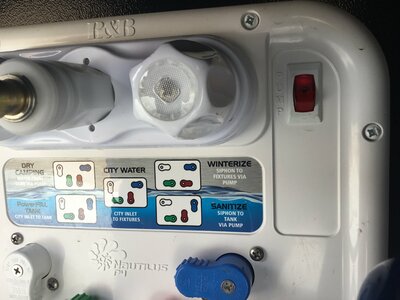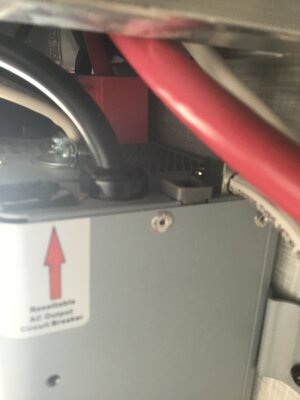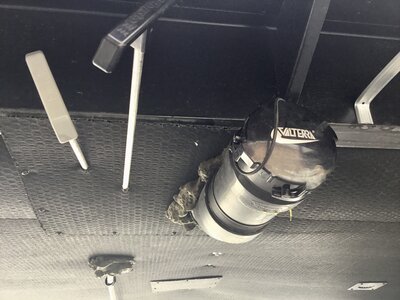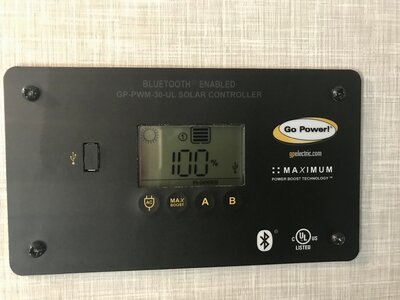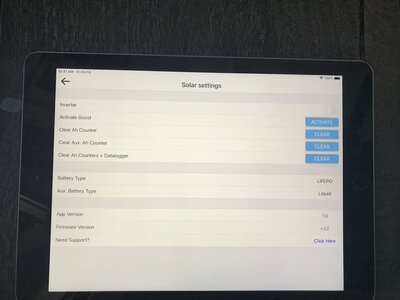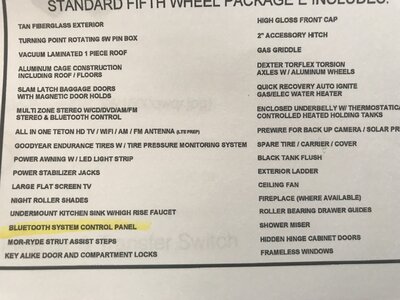For some 15 years, I handled warranty claims between the factory and dealer for a particular industry. On an international basis too, I might add. I was in the factory and dealt with the dealers. Many times the dealer didn't process the warranty claims, paperwork, and such. They ordered parts that were charged to their warranty account. When the warranty claims were processed by the factory, the dealer warranty account was credited. Unfortunately, if the dealer didn't do the paperwork and didn't file claims for the work, their warranty account hit a credit limit and the dealer could no longer get parts. They of course blamed the factory, telling the customer they couldn't get parts from the factory.
I would likely get a call from a very angry customer. I would look into it. That means call the dealer and have a firm discussion. Either the dealer resolves the customer issues or the factory would send a technical support person or team to resolve the issue and then bill the dealer. Trust me, the dealer didn't want any part of that deal as it was very expensive. I then called the customer and assured them the dealer would resolve the issues to their satisfaction. As to the factory, the dealers work between the factory and the customers. Factories build products and normally don't provide service.
I'm not down on dealers. On more than one occasion I spent time showing, teaching, and explaining to dealers how they could make good money doing service work, be it warranty or non-warranty. And how it makes for great customer relations. Both the dealer and the factory wins.
Yes, it is normally the selling dealer that confirms the final delivery configuration and gets the unit ready for the customer. This is referred to, in most cases, as "dealer prep". Someone pays, either the factory or the customer. It is one of those "fees" associated with the sales agreement. In other words, a fee to clean, check, adjust, repair, and assure all systems are working correctly. Of course, the less the dealer does, the more money in their pocket, and the customer is the one that suffers. Labor and parts cost money.
There are many different methods to fairly compensate the dealer for their work. In some cases, the factory will hold back money for the dealer to do warranty work.
But still, in automobiles, boats, airplanes, and many other items, the dealer is responsible to the customer. One exception is where direct sales take place. Meaning the customer buys direct from the factory and no dealer is involved.


